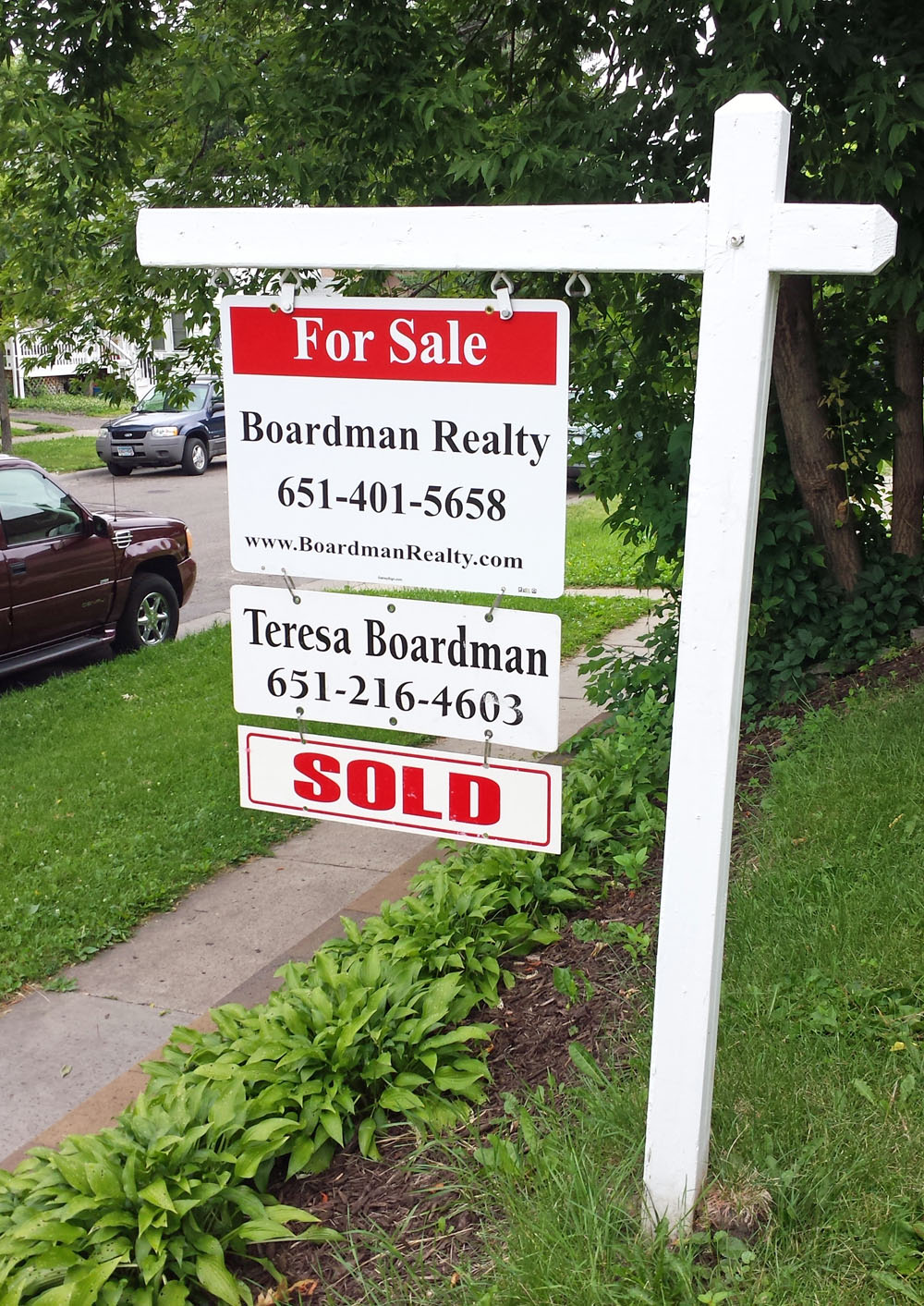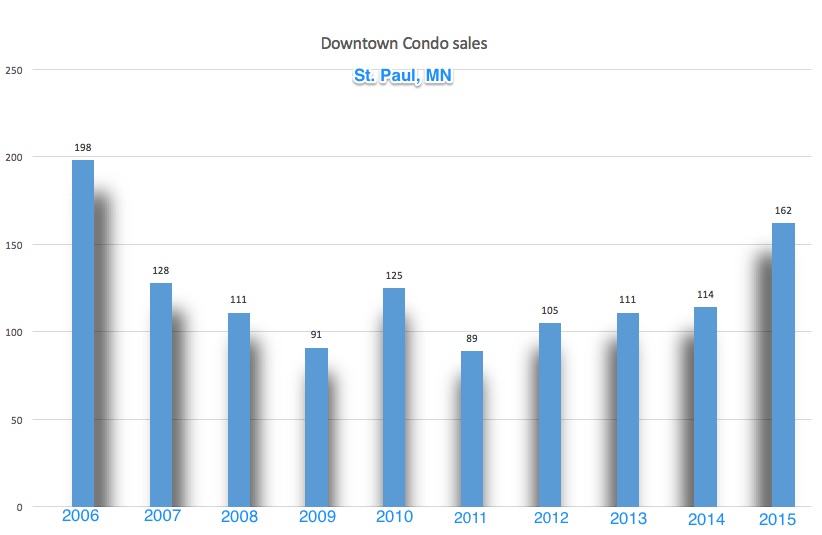Last week a couple of home buyers asked me to explain what a real estate broker is. I have been asked that question before so I decided to write an article that I can use over and over again.
A real estate agent is a real estate professional who has a license to be a real state sales person. Getting such a license requires taking some classes, passing a test and paying some fees. Real estate licensees must work under a licensed broker. A person can not get a real estate license and go out on their own and sell real estate. The license is actually held by a broker. The agents license can be transferred from broker to broker with the greatest of ease and of course a small fee to the stat on Minnesota.
Technically it is the broker who owns all of the listings and buyer clients and agents are acting on the brokers behalf. Most real estate agents are independent contractors who work on a 100% commission basis. The broker gets a percentage of each commission the agent earns. A real estate agent can only be paid by a broker.
A REALTOR® is a real estate agent who is a member of the National Association of Realtors. Generally all a person has to do to become a member is pay the dues. Members of the national association are also members of the local and state associations. For example I belong to The Minnesota Association of Realtors, and the St. Paul Areas Association of Realtors and the National Association of Realtors. In addition to paying dues Realtors agree to adhere to a code of ethics.
A real estate broker has continued his or her education past the real estate agent level and passed the real estate broker license. Real estate brokers can work as independent real estate agents or have other agents working for them. In my case I have my own company and have one agent under my license. I am planning on bringing on a few more this year. Being a broker with my own company gives me a great deal of flexibility and a little too much paper work some days.
A broker can work on his or her own, while an agent or associate has to work under a licensed broker. There is also such a thing as an associate broker which is a broker who works under another brokers license. I was an associate broker for 8 years. In Minnesota a person has to have had a real estate license for three years before they can take the broker classes and apply for a license. You may think that means that a broker has to have at least three years of experience selling real estate. Sadly the law doesn’t say anything about actual experience.
Even though brokers are supposed to provide oversight there are several large companies where one broker is responsible for hundreds of agents and when it comes down to it if an agent does something wrong generally brokers will defend the agents actions.
Also see How to get a real estate license in Minnesota.







